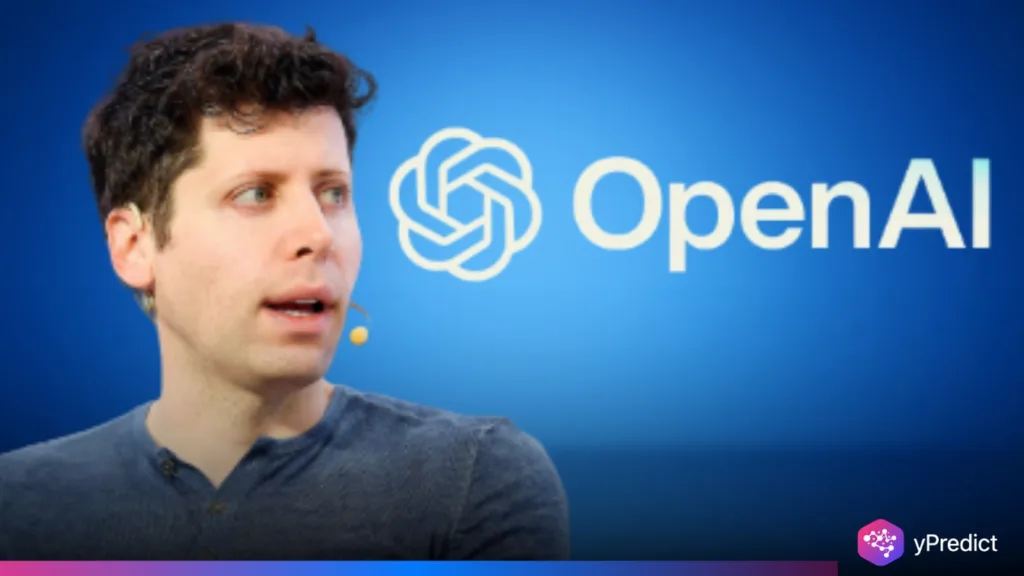
OpenAI taps Mike Liberatore as new business finance officer. OpenAI has hired Mike Liberatore, xAI Chief Financial Officer. This is to serve in the same position for the company, according to multiple reports today. Liberatore will be behind OpenAI’s AI infrastructure, reporting to CFO Sarah Friar. And in a group that includes Greg Brockman’s team that scales compute. He quit xAI in July, after just a three-month stint at the company. Liberatore’s finance career extended even further back, including for several larger firms such as Airbnb. He was involved in xAI’s debt raise of $5 billion in mid-2025 and its equity funding.
OpenAI’s Strategy: Why This Move Matters
The fact that the platform, OpenAI, is willing to bring on someone like Mike Liberatore is a clear signal. Of how seriously the company intends to manage its spending and financial strategy. Especially now that it has found itself operating in an era where the underlying AI infrastructure will expensive and central. As computing (servers, data centres, GPUs) is in high demand, the financial constraint must be tighter. OpenAI is managing that much growth of its artificial intelligence models, increasing competition and increasingly high investor expectations.
Liberatore’s experience at xAI in raising large amounts of money and working on infrastructure-heavy financial problems is relevant exposure. His position will be to work alongside an already established finance leadership at OpenAI. And to help bring discipline around commitments, budgeting and growth.
OpenAI: Competition, and Talent Dynamics
OpenAI and xAI are often considered rivals. Because they occupy much of the same AI space, and compete for talent, compute power and mindshare. Hiring xAI’s former CFO will deepen that rivalry. Its future shows how important leadership in finance, and not just engineering or research, has become in the race to build and deploy large-scale AI systems. For OpenAI, bringing in someone who helped lead xAI’s $5B debt round and a strategic equity investment has both institutional know-how. And could also potentially give them some insight into how competitor xAI was thinking about its financial operations. In this sense, OpenAI suddenly beefs up its bench still further in the very middle of legal, business, and ideological conflicts between it and xAI.
OpenAI’s Long-Term Implications for AI and Finance
Moving forward, this move implies that finance positions are increasingly becoming just as strategic in AI companies as other engineering or product roles. OpenAI is admitting that you need to be able to concentrate a lot of money to not only construct these big AI models and infrastructure, but also maintain them. Now that Mike Liberatore is running business finance, OpenAI could negotiate infrastructure deals from a position of strength, more accurately predict the cost of compute and make greater use of its capital. That could mean more cautious growth, better margins and maybe even more investor confidence. It could also incentivise other AI companies to do the same. To hire finance leaders with infrastructure and capital experience. In order to help manage the escalating costs of competition in training, inference, and scaling.
Closing Thoughts
OpenAI hiring Mike Liberatore, former xAI CFO to be Business Finance Officer sends very strong signals that financial governance is coming to the forefront of AI. The higher the stakes get, tens of millions in compute costs, investor pressure, and regulatory scrutiny, OpenAI appears to be setting itself up for a future where financial strategy decisions are increasingly intertwined with technical and product decisions. If this works, OpenAI could develop a grittier financial discipline, leaner way to grow and sharper competitive edge. In this duel of AI players, having great models may no longer be sufficient; instead, the financial smarts to scale and sustain them could become just as important.





